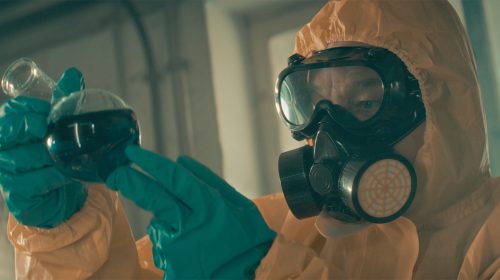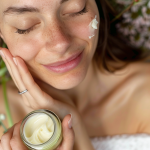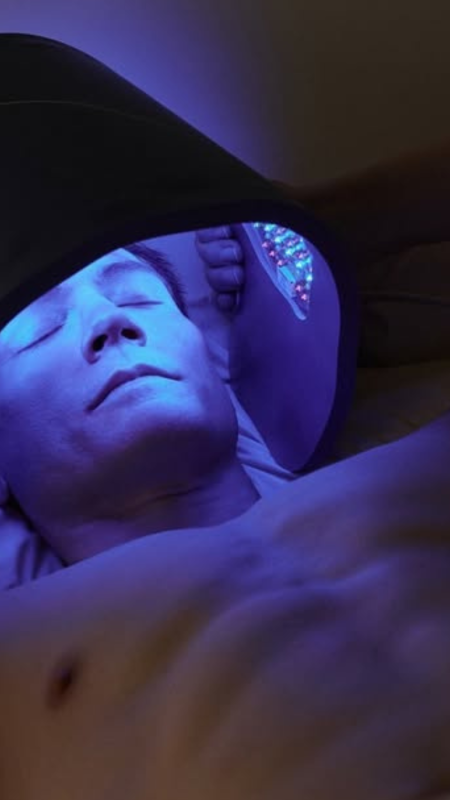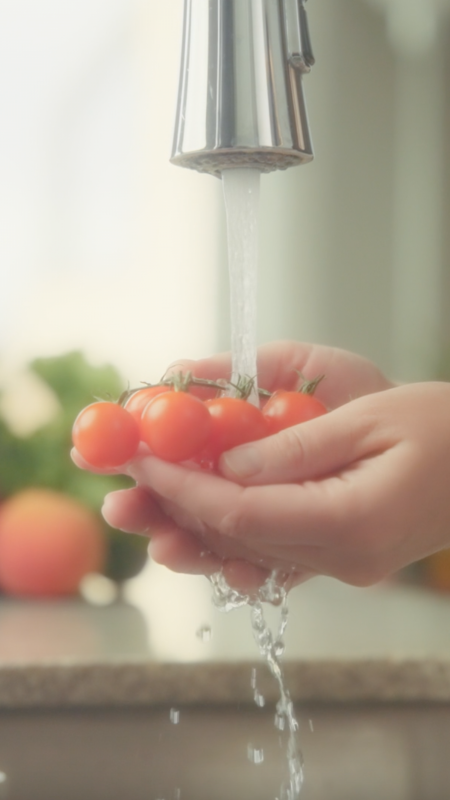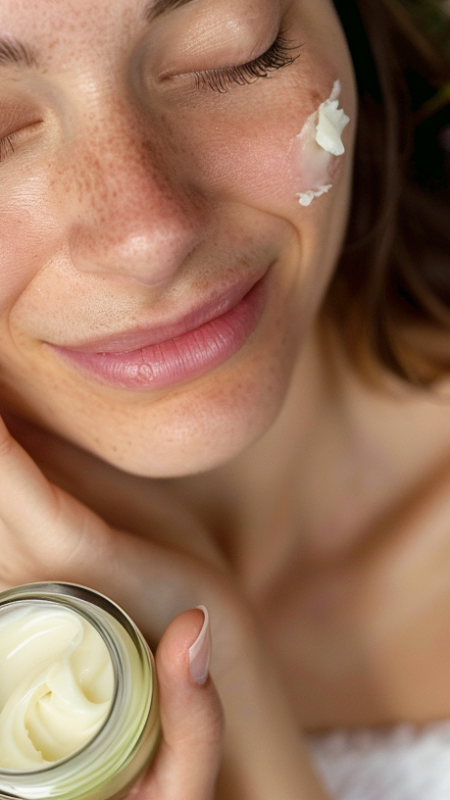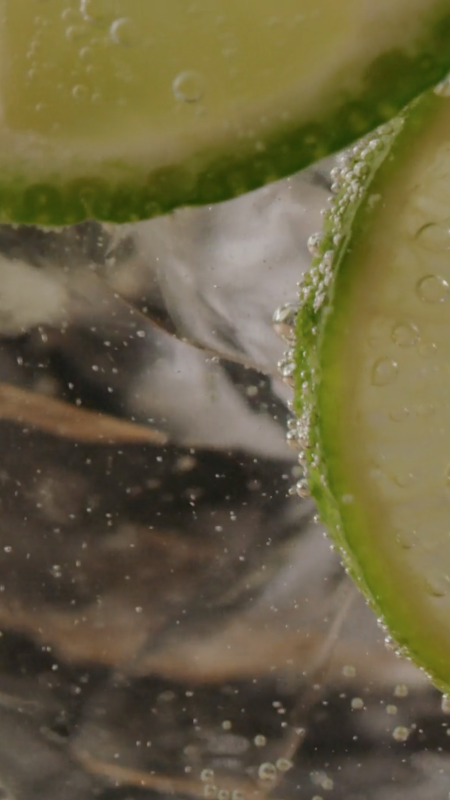These Common Household Products Could Be Tanking Your Testosterone
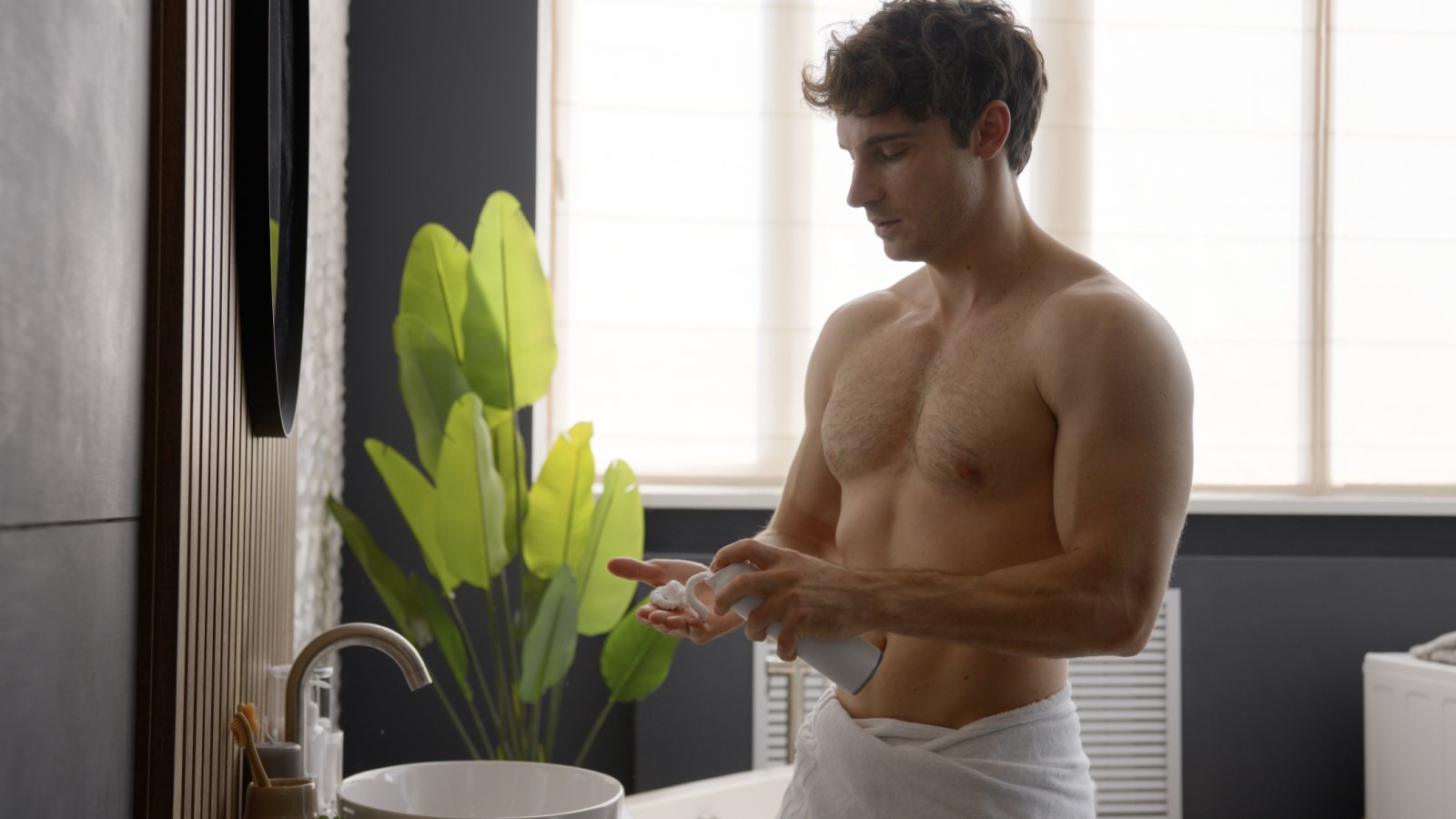
Research has shown that phthalates, which get added into products to make fragrances last longer and plastics more pliable, “significantly” reduce testosterone levels as well as negatively affect fertility. In tests done on animals, phthalate exposure was shown to interfere with hormonal functions, lower sperm count, and cause genital defects as well as increase your risk of cancer and asthma and pose risks to children’s brain development. If you were hoping to avoid ever coming into contact with them, you’ll be disappointed to hear that the man-made chemical compounds can be found in countless personal care products from shampoo and soap to deodorant and aftershave. They’re so prevalent in consumer goods, in fact, they’re even referred to as “everywhere chemicals.”
Even if you know to avoid endocrine-disrupting phthalates before restocking your bathroom cabinet, it can be hard to spot the harmful chemicals on labels. Sometimes they’re represented by three- to four-letter acronyms mixed in among other ingredients, and brands also know how to exploit loopholes; they don’t need to disclose when there are phthalates hiding in the fragrance, for example.
It’s impossible to reduce your exposure to phthalates down to zero. Our take? Control what you can by making a few key swaps in your daily life.
Synthetic fragrance, in general — It’s time to either go fragrance-free or only choose products that transparently list what makes up their products’ fragrance, whether that’s personal care of cleaning items. The EWG (Environmental Working Group) points out that diethyl phthalate can be used in fragrance without being listed out separately, for example, so it’s important to opt for brands that are disclosing everything. Research has shown that scented products (like cleaning supplies and personal hygiene products) are a “primary source of indoor air pollutants” and can lead to migraines and respiratory problems, in addition to those already mentioned for phthalates.
Vinyl shower curtains — Phthalates can be used to make vinyl softer, so consider replacing your plastic shower curtains and liners with fabric. Bonus if it has the Oeko-Tex Standard 100 certification, which promises the absence of over 1,000 harmful substances.
Air fresheners — Air fresheners can contain phthalates and release them into your air. If you want your home to smell good, consider using all-natural candles made of beeswax and essential oils with cotton wicks.
Deodorant, shampoo, soap, and household cleaners – Because phthalates and other harmful substances could be lurking in scented products under the umbrella term “fragrance” or an unclear acronym, it’s best to find personal care and cleaning items that either disclose they’re “phthalate free” or that have a relevant seal of approval, like EWG Verified. Products with this stamp are free from a slew of chemicals that pose potential health risks, including phthalates. The EWG’s Skin Deep tool is an easy way to search for safer products.



